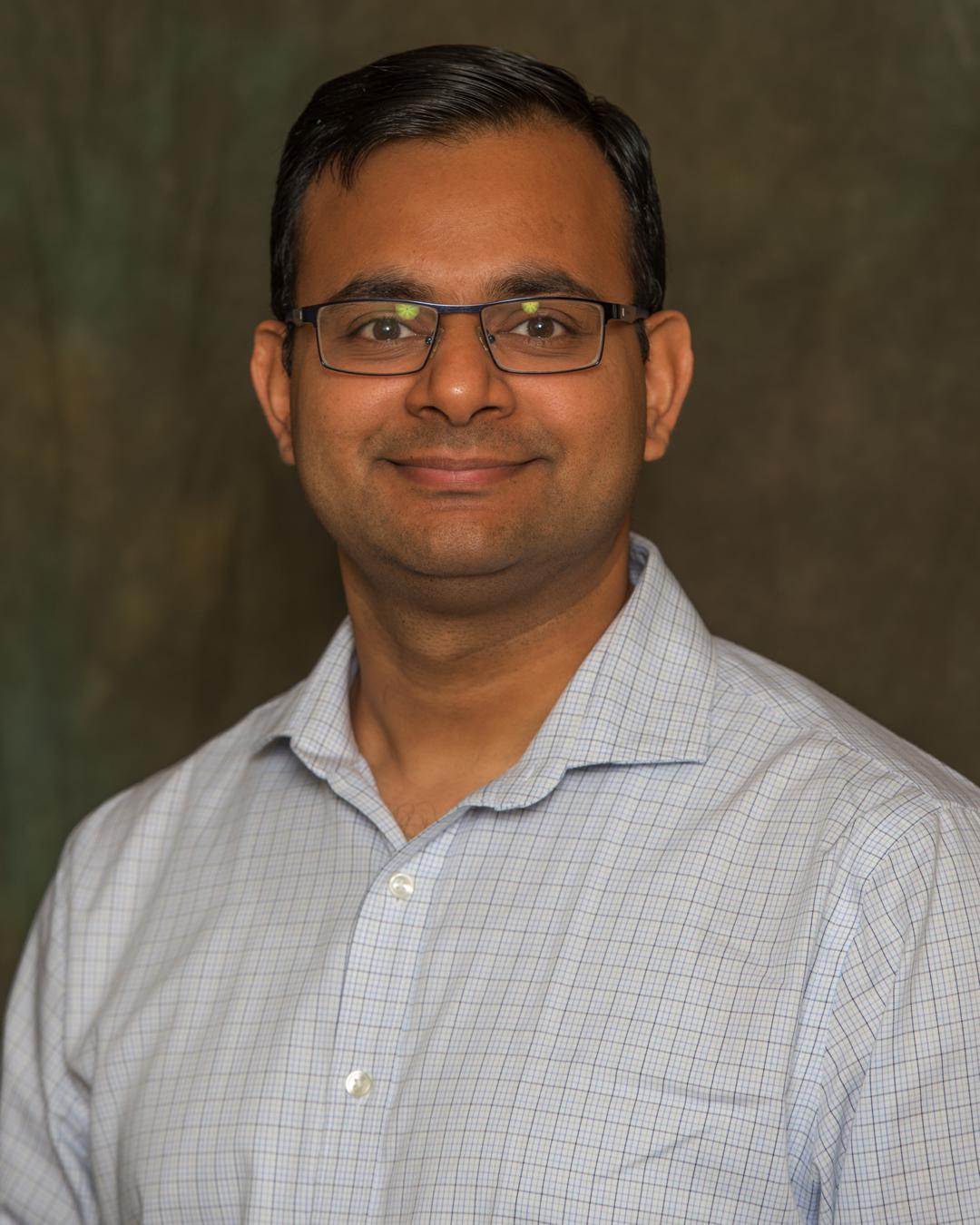
Control Seminar
Multi-fidelity Gaussian Processes for Human-Agent Teaming
This event is free and open to the publicAdd to Google Calendar

Abstract: In this talk, we begin with a study on human decision-making within spatially embedded multi-armed bandits and focus on the strengths and biases that shape human choices. We discuss the paradigm of Multi Fidelity Gaussian Processes (MFGP) as a unifying framework for fusing multiple information sources, including human input, in spatial robotics tasks. We will focus on a search problem, wherein an autonomous vehicle equipped with a downward-facing camera navigates a 3D environment to locate stationary targets on the 2D floor. To address this problem, we leverage the power of MFGP to systematically model the sensory landscape across different altitudes. Drawing from this model, we present the Expedited Multi-Target Search (EMTS) algorithm, which strategically balances the trade-off between coverage and accuracy by optimizing sampling locations, constructs a floor occupancy map, rapidly eliminates empty areas, and computes an efficient trajectory for data collection to enhance target detection. We will provide formal guarantees for detection accuracy and expected detection time. Extending the framework to encompass multiple vehicles, we focus on distributed multi-robot coverage control over an unknown, nonuniform sensory field. Leveraging the GP framework, we introduce the Deterministic Sequencing of Learning and Coverage (DSLC) algorithm, which orchestrates learning and coverage phases, gradually transitioning from exploration to exploitation while maintaining a continuous learning aspect. We characterize the multi-robot coverage performance using a novel notion of coverage regret. Finally, we will discuss ongoing endeavors that employ MFGP models for designing safe controllers, modeling localization errors, and designing robotic assistance in human-robot interactions.
Bio: Vaibhav Srivastava received the B.Tech. Degree (2007) in mechanical engineering from the Indian Institute of Technology Bombay, Mumbai, India; the M.S. degree in mechanical engineering (2011), the M.A. degree in statistics (2012), and the Ph.D. degree in mechanical engineering (2012) from the University of California at Santa Barbara, Santa Barbara, CA. Dr. Srivastava is currently an Associate Professor of Electrical and Computer Engineering at Michigan State University. He is also affiliated with Mechanical Engineering, Cognitive Science Program, and Connected and Autonomous Networked Vehicles for Active Safety (CANVAS). He served as a Lecturer and Associate Research Scholar with the Mechanical and Aerospace Engineering Department at Princeton University, Princeton, NJ from 2013-2016. He serves on the IEEE Control System Society conference
editorial board, and the editorial board of the IEEE Open Journal of Control Systems and the ASME JDSMC. His research focuses on Cyber-Physical-Human Systems with emphasis on mixed human-robot systems and networked multi-agent systems.
*** The event will take place in a hybrid format. The location for in-person attendance will be room 1303 EECS. Attendance will also be possible via Zoom. The Zoom link and password will be distributed to the Controls Group e-mail list-serv. The seminar link is also provided below for your convenience.
Join Zoom Meeting: https://umich.zoom.us/j/95300827589
Meeting ID: 953 0082 7589
Passcode: XXXXXX (Will be sent via e-mail to attendees)
Zoom Passcode information is also available upon request to: Sher Nickrand([email protected]) or Michele Feldkamp ([email protected]).
To join this list-serv, please send an (empty) email message to [email protected] with the word “subscribe” in the subject line. To cancel your subscription, send an email to [email protected] with the word “unsubscribe” in the subject line. Zoom information is also available upon request to Sher Nickrand(sherylb@umich.edu).
 MENU
MENU 
